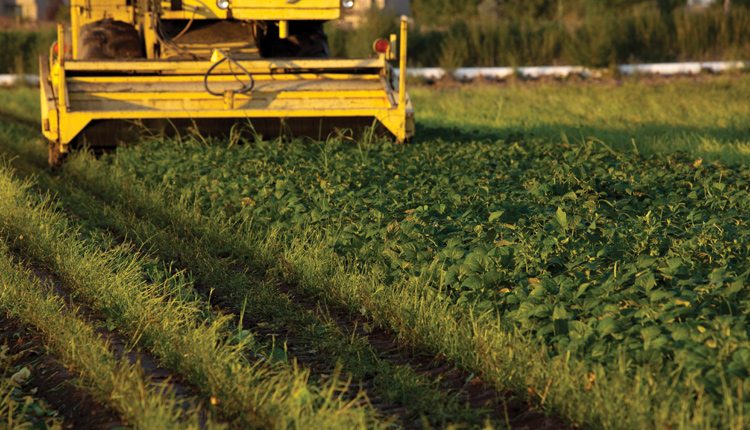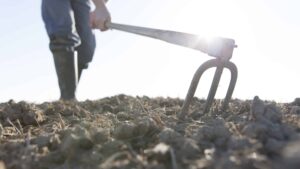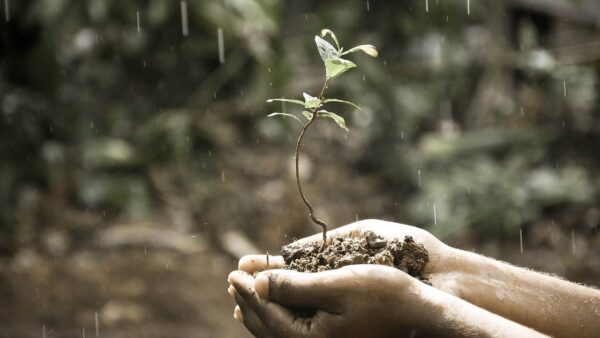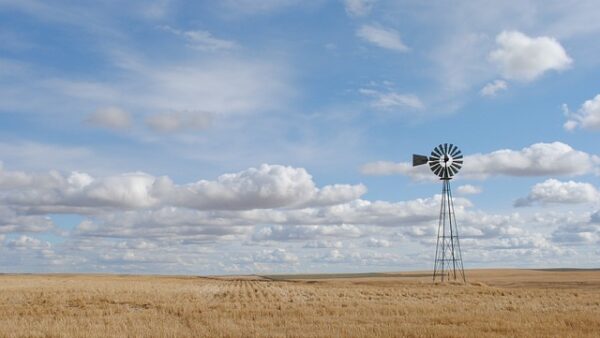Today (June 8), CoBank released a new report stating that produce processors and retailers find it increasingly difficult to secure sufficient supplies of organic produce, as domestic demand continue to rise at a pace that exceeds production. The results from this report align with that of the “State of the Organic Seed, 2016” report released by the Organic Seed Alliance.
From 2011 to 2015, CoBank reports the dollar value of U.S. organic produce sales doubled, with annual sales of $5.5 billion. Additionally, 15 percent of all U.S. produce sales are organic.
“Sales of organic fruit, vegetables and nuts have increased dramatically in recent years and this growth trend will continue,” says Christine Lensing, CoBank senior economist for specialty crops. “More than half of U.S. households are now purchasing some organic produce. But for a variety of reasons, production has not been keeping pace with demand the supply gap is widening.”
She says more domestic growers would need to transition to organic to bridge the supply gap. However, Lensing points out that given the consumption trends and the length of the required transition period, organic produce supplies will likely remain under pressure during the next three to five years.
A video synopsis of CoBank’s report is available at https://youtu.be/Ok8a__6q6Xo.
According to the Organic Seed Alliance, organic farmers produce food differently, which means they need different seed for the crops they grow. This seed must be able to thrive without synthetic fertilizers and pesticides, and be adapted to local climates and soil conditions.
Organic seed is part of the regulatory requirement. Under the U.S. Department of Agriculture’s National Organic Program (NOP), farmers are required to use organic seed when commercially available.
The Organic Seed Alliance’s report also showed supply gaps exist, as most organic farmers still rely on seed that isn’t organic, but that is slowly changing.
From its survey, the association found that organic farmers are using more organic seed than they did three years ago. These same farmers also reported being happier with the quality of organic seed they’re using. And the vast majority of respondents believe organic seed is important to the integrity of organic food.
However, demand outstrips supply. The largest organic farms still use relatively little organic seed, and the Organic Seed Alliance’s data suggest that organic certifiers’ enforcement of the organic seed requirement is weaker compared to five years ago. While organic seed research investments have increased, they still pale in comparison to funding directed toward seed developed for conventional systems.
The report from the Organic Seed Alliance is available at www.stateoforganicseed.org.












